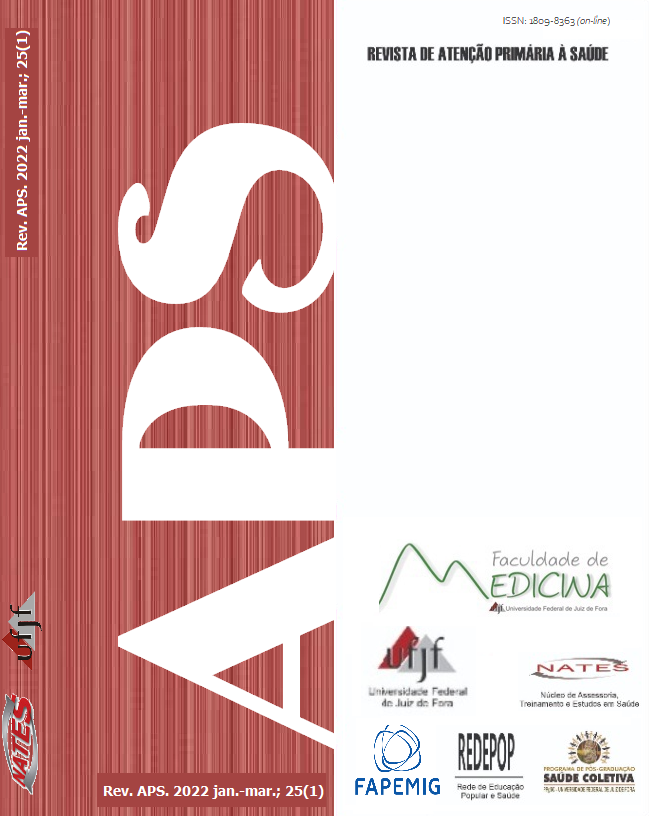Reported difficulty in inserting the intrauterine device in Primary Health Care
DOI:
https://doi.org/10.34019/1809-8363.2022.v25.35750Keywords:
Intrauterine Device, Primary Health Care., Education, Clinical CompetenceAbstract
The Intrauterine Device (IUD) is a contraceptive method that faces several obstacles to expanding its offer in Primary Health Care. One of the main barriers to its insertion is the lack of training of professionals. Therefore, this study aims to describe the difficulties found in IUD insertion procedures in Primary Care and the factors associated with this difficulty. An attempt was made to insert the IUD in the Basic Health Units in 152 women of reproductive age. Data were collected through a structured questionnaire in non-probabilistic convenience sampling. The mean age of women was 27 years and 26.3% (40) of the procedures were considered to have some degree of difficulty. The mean pain score was higher in procedures that presented difficulty, being 4.59 and 5.7 in insertions without and with difficulty, respectively (p<0.0001). The average time since graduation among physicians who had difficulty was 33.5 months and among those who had no difficulty, it was 64 months (p<0.0001). Among the difficulties, the most mentioned was the time to perform the hysterometry. Other difficulties were also encountered: identifying and clamping the cervix and identifying the uterine position











